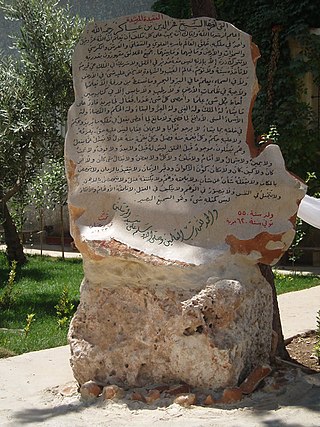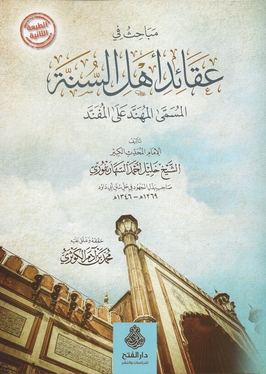Mahmud ibn Ilyas Shirazi was an authoritative Persian physician who lived before the 18th century and was from Shiraz.
All that is known of this figure is that he is cited as an authority by ‘Ali ibn Shaykh Muhammad ibn ‘Abd al-Rahman who composed a versified Persian medical compendium titled Jawahir al-maqal, a copy of which is preserved at The National Library of Medicine.
Since ‘Ali ibn Shaykh Muhammad ibn ‘Abd al-Rahman died possibly in 1700, then we can conclude that Mahmud ibn Ilyas Shirazi lived sometime before that date.

The Shadhili Order is a tariqah or Sufi order. The Shadhili order was founded by al-Shadhili in the 13th century and is followed by millions of people around the world. Many followers of the Shadhili Order are known as Shadhilis, and a single follower is known as Shadhili.
Ali ibn Shaykh Muhammad ibn ‘Abd al-Rahman was a prominent Persian physician who is thought to have lived in the 17th century.
Muhammad ibn Thalib ibn Abd Allah ibn Ni`mat Allah ibn Sadr ad-Din ibn Shaykh Baha' ad-Din ash-Shirazi was a 15th-century Persian physician from Shiraz, Iran.

Abu 'Abd Allah Muhammad ibn al-Khafif (882-982) known as al-Shaykh al-Kabir or Shaykh al-Shirazi was a Persian mystic and sufi from Iran. He is credited with bringing Sufism (tasawwuf) to Shiraz.

Shams al-Dīn Muḥammad ibn ‘Abd al-Raḥmān al-Sakhāwī was a reputable Shafi‘i Muslim hadith scholar and historian who was born in Cairo. Al-Sakhawi refers to the village of Sakha in Egypt, where his relatives belonged. He was a prolific writer that excelled in the knowledge of hadith,tafsir, literature, and history. His work was also anthropological. For example, in Egypt he recorded the marital history of 500 women, the largest sample on marriage in the Middle Ages, and found that at least a third of all women in the Mamluk Sultanate of Egypt and the Bilad al-Sham married more than once, with many marrying three or more times. According to al-Sakhawi, as many as three out of ten marriages in 15th century Cairo ended in divorce. His proficiency in hadith has its influences trace back heavily on his Shaykh al-Hafiz, ibn Hajar al-`Asqalani. He died in Medina.
Owais al-Qarani, also spelled Uways or Owais, was a Muslim from South Arabia who lived during the lifetime of the Islamic prophet Muhammad.
Shams al-Din is an Arabic personal name or title.
Rahmatullah Kairanawi al-Hindi was a Sunni Muslim scholar and author who is best known for his work, Izhar ul-Haqq.

Sahifah of al-Ridha, also known as Sahifat of al-Reza and Sahifatal-Imam al-Ridha, is a collection of 240 hadiths attributed to Ali ibn Musa al-Ridha, the eighth Shia Imam.

Al-Muhannad 'ala al-Mufannad, also known as al-Tasdiqat li-Daf' al-Talbisat, was subsequently published in Urdu as 'Aqa'id 'Ulama' Ahl al-Sunna Deoband is a book that expresses some of the beliefs held by the Sunni Hanafi Deobandis. It was authored by the Indian Hanafi-Maturidi hadith scholar and Sufi master Khalil Ahmad al-Saharanpuri in 1907, who wrote a commentary on Sunan Abi Dawud, entitled Badhl al-Majhud.
The Usmani family of Deoband are the descendants of the third Rashidun Caliph, Uthman, based primarily in the town of Deoband in India. The notable people of this family include Fazlur Rahman Usmani, Mahmud Hasan Deobandi, Azizur Rahman Usmani and Shabbir Ahmad Usmani.
ʿAbd ar-Rabb Jaunpūrī was an Indian Muslim scholar, author and teacher. He was associated with Taiyuni reformist movement, founded by his grandfather Karamat Ali Jaunpuri, and succeeded his uncle Hafiz Ahmad Jaunpuri as the leader of the movement in 1899.